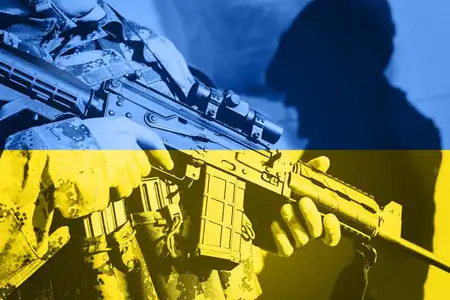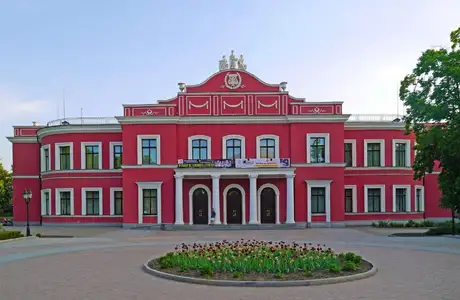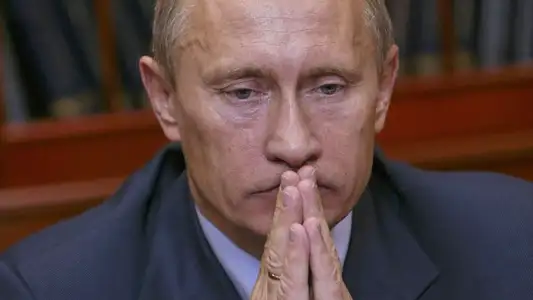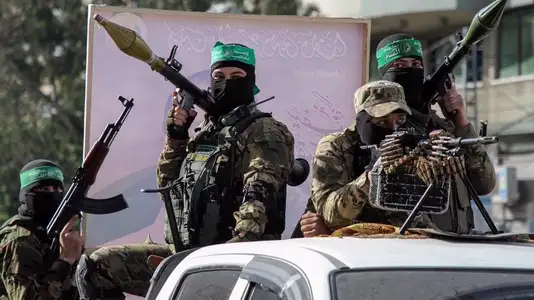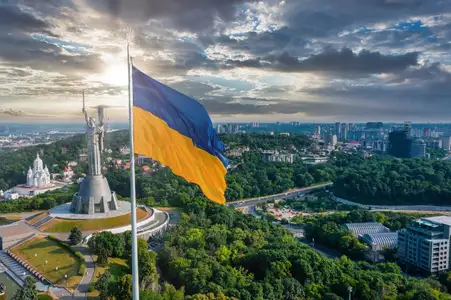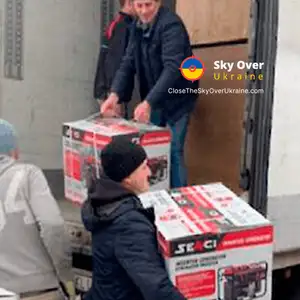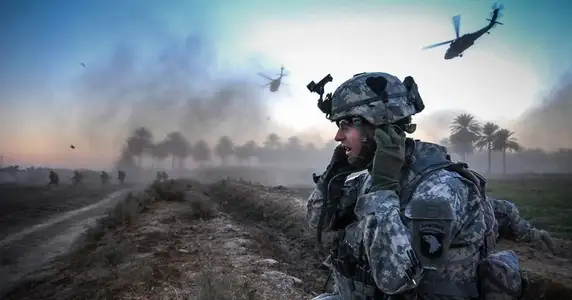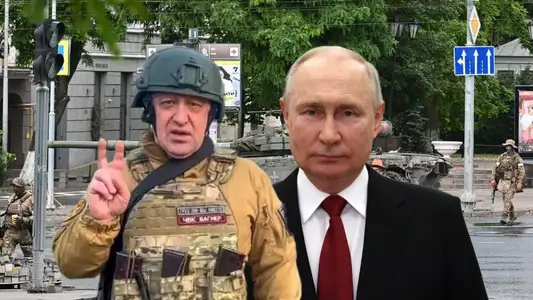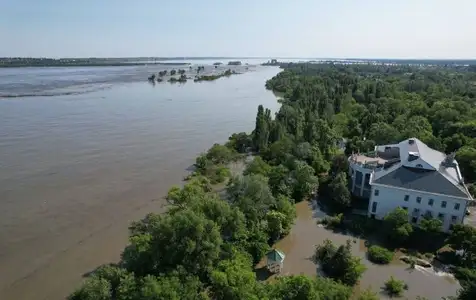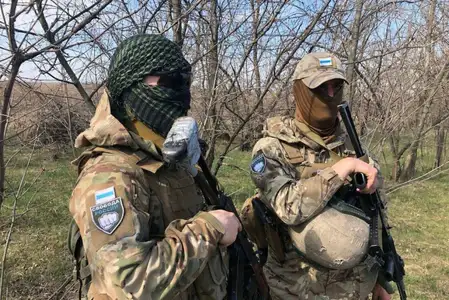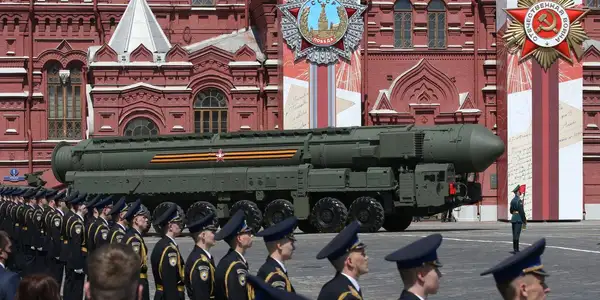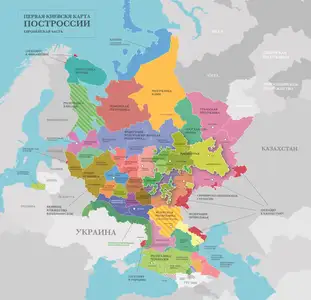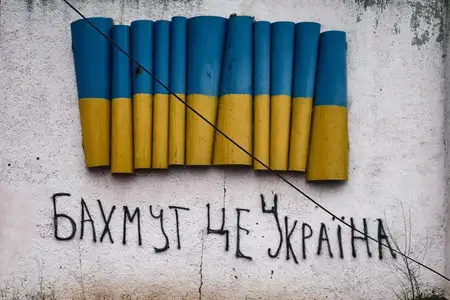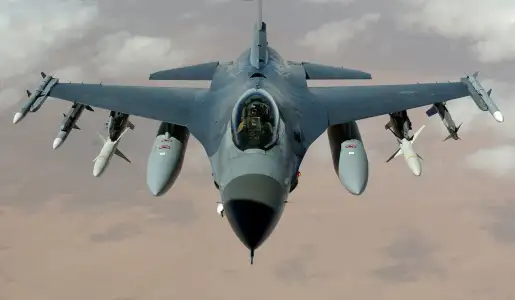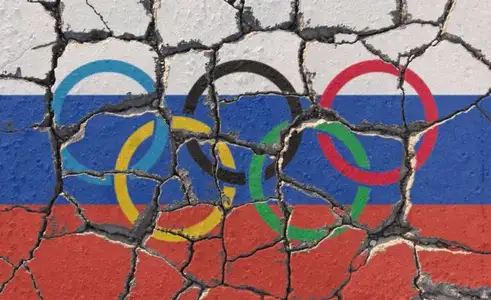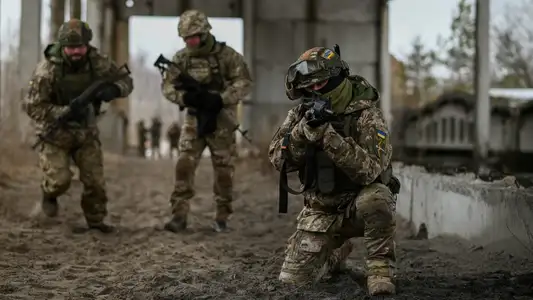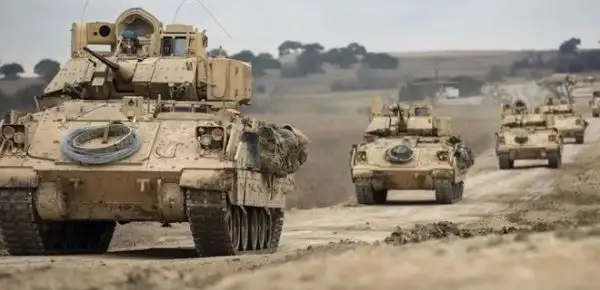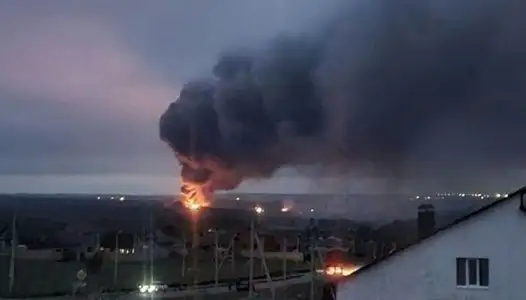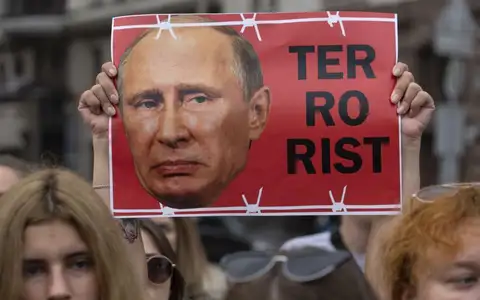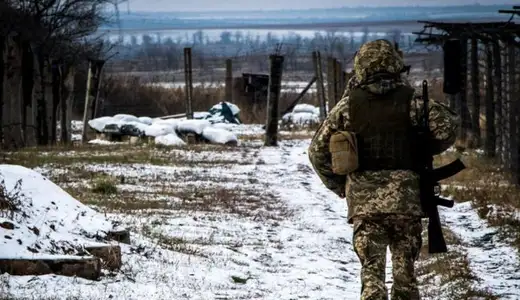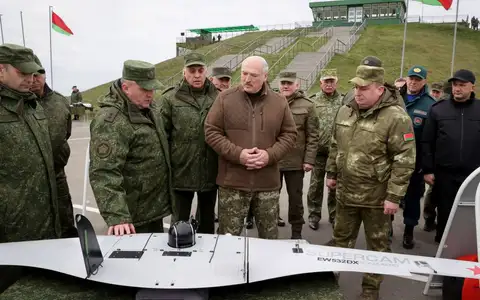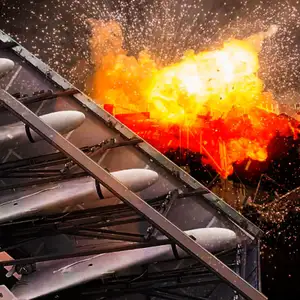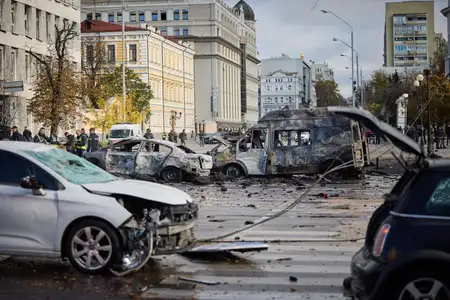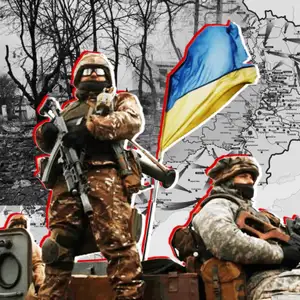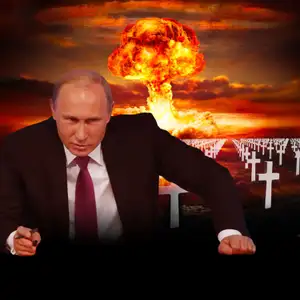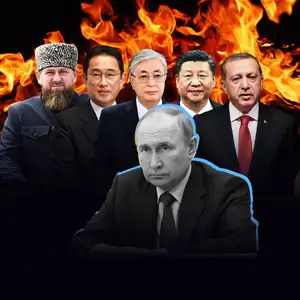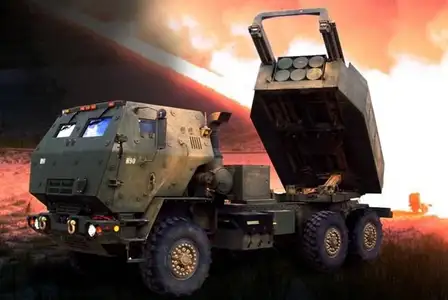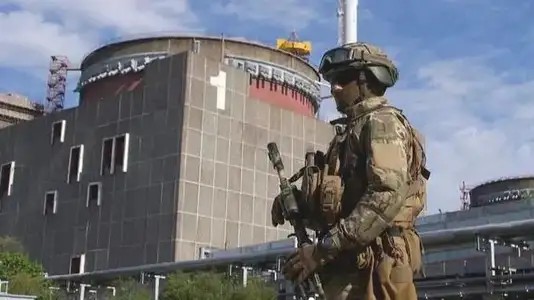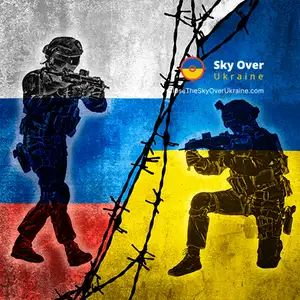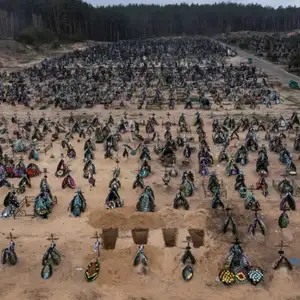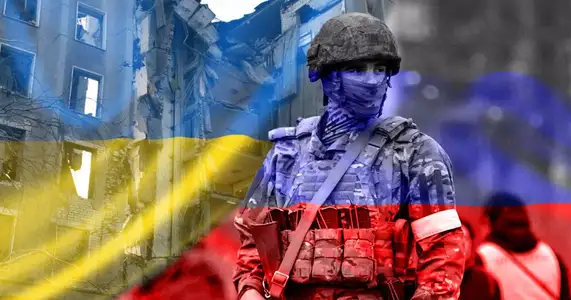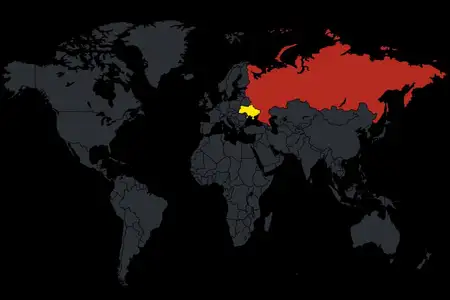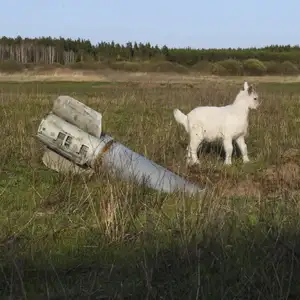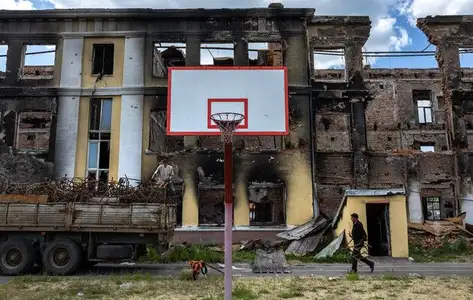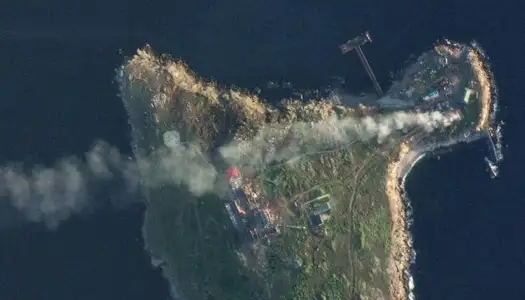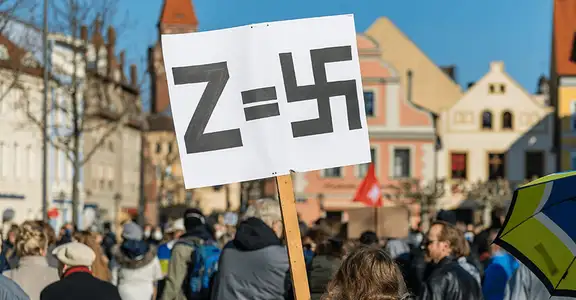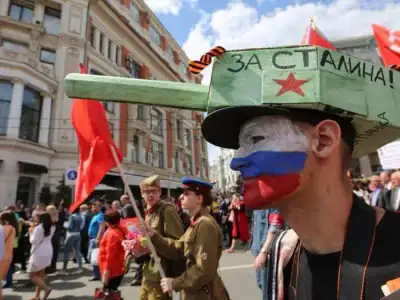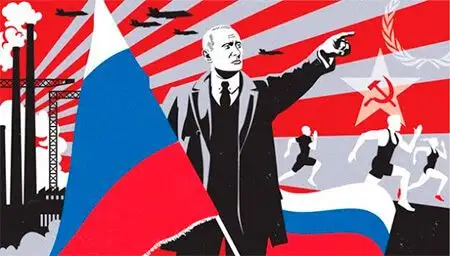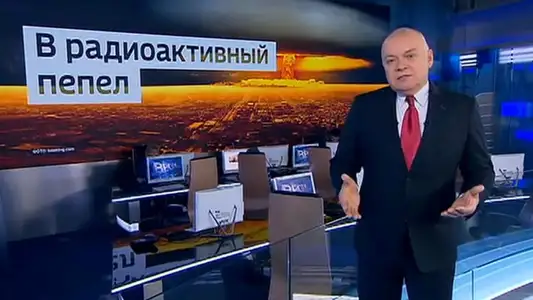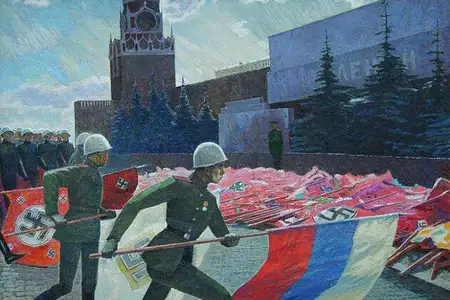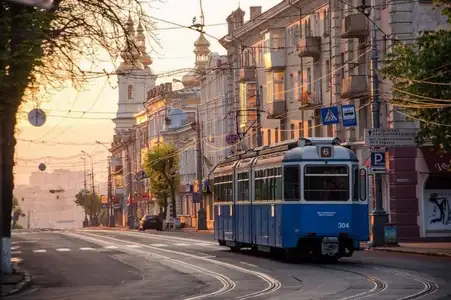Fires and explosions in Russia: why so often?
During the 11 months of full-scale war we have been reporting almost daily on new fires in different regions of Russia. What are the reasons for this frequency?
In our Facebook page and Telegram channel, we regularly publish videos and photos of various incidents that happen here and there all over Russia. Military recruitment offices and military units burn as well as objects and buildings that don't seem to be connected with war: warehouses, shopping malls, ordinary houses.
Many subscribers wonder why fires are so frequent in Russia. Has this always been the case, or is it connected with the Kremlin's aggressive war against Ukraine? And if so, how?
We often joke about "smoking in the wrong places". However, the reasons for the frequent fires are much deeper and quite curious. So, in this review we decided to look at the main possible causes of frequent fires at various sites in the Russian Federation, how this is related to the war, and whether we should expect an increase of these fires in the future.
Arsons of military recruitment offices: two main motives
As analysts note, arsons of military recruitment centers is a direct anti-war statement. It is a reaction of some Russians to what is happening now, and their feasible struggle, an expression of protest against the war of aggression unleashed by Russia in Ukraine. A war through which the Kremlin hopes to destroy Ukrainian statehood and in doing so kills Ukrainians and destroys Ukrainian cities every day.
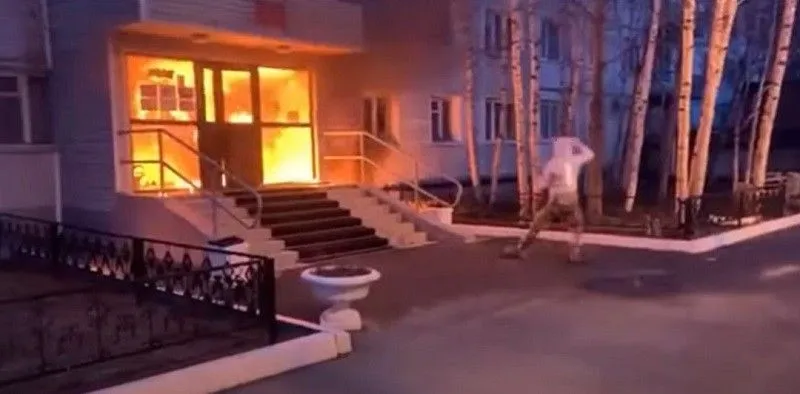
Since the first months of the full-scale invasion, arsons of military recruitment offices have become commonplace. Not surprisingly, even a new type of punishment was introduced for such actions: since September 30, arsons of military recruitment offices are classified as terrorist acts, for which up to 15 years imprisonment can be imposed.
After the mobilization began on September 21, 2022, the situation worsened: there were even more arson attacks. As of December 27, Mediazona counted a total of 77 attacks on military recruitment offices: 35 before mobilization began and 42 after. Let’s admit: a few dozen arson attacks is quite a lot, even for such a large country.
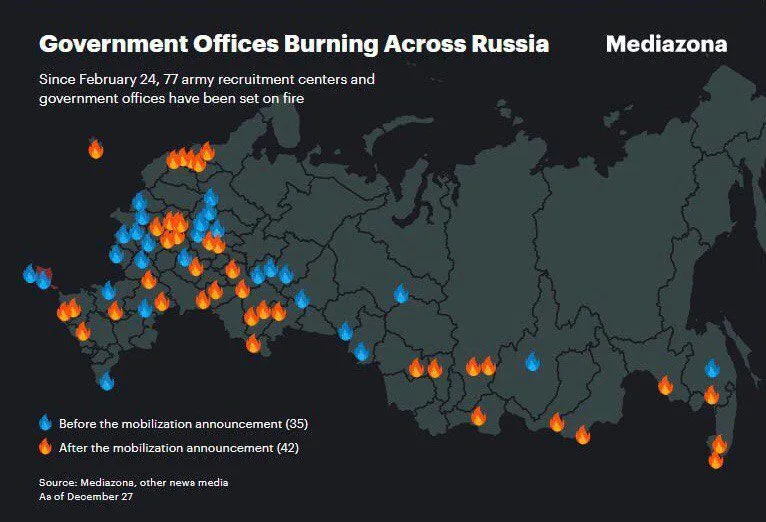
“Not surprisingly, 54 arsonists picked Ministry of Defense buildings: draft and recruitment registration offices. The most common tool of arson is a Molotov cocktail. Most of the attacks did not cause significant damage, but there were a few exceptions with burnt-out buildings,” the Mediazona matreial says.
The motives of the arsonists are not always fully known. Sometimes it is known for sure that they wanted to show their opposition to war or mobilization. In other cases, it may be a desire for revenge, for mischief, or even for enrichment. At least, that is what the police say. But this information is unlikely to be trusted. Besides, many arsonists simply cannot be caught.
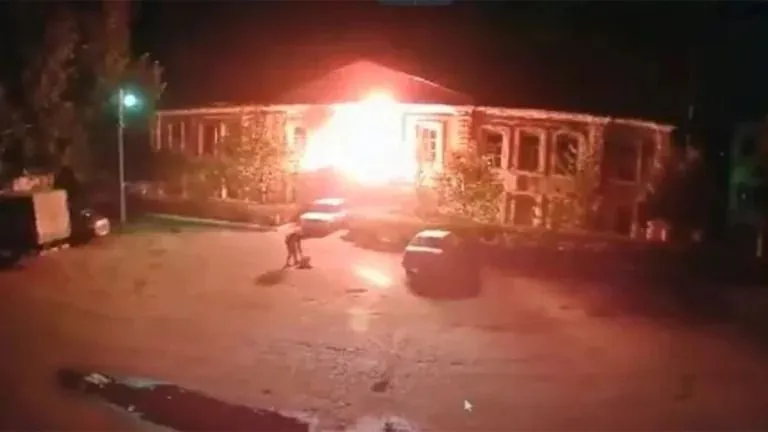
In fact, there are two main reasons for burning military registration and enlistment offices: symbolic and pragmatic. We have already considered the first reason: a protest against the war and mobilization.
The second has to do with the fact that when mobilization began, many people realized that the Russian military system was not initially prepared for it, and there was no unified digital database, which contained all the profiles and data of military recruits in all regions. On the contrary, this data was scattered among the local military recruitment offices, and was often outdated. Therefore, the burning of a military enlistment office could literally lead to the destruction of data, which could complicate the mobilization process in the corresponding area. This is one of the reasons why such arsons are carried out at night, when no one is in the office – because there is no goal to harm people, but only to destroy documentation.
Fires at facilities not directly related to the war
Most of the fires we know about affect warehouses, factories, shopping and business centers, electrical substations, industrial facilities, oil depots, gas pipelines, and even historic buildings and breweries! From time to time there are series of explosions in different regions. On October 17, a military plane crashed on a residential building in Yeisk, and on October 23, a helicopter crashed on a civilian building in Irkutsk, also resulting in fires and casualties.
To illustrate the frequency and geographical diversity of incidents, we offer a brief overview of fires in different Russian regions that occurred in late 2022. We shall note that these are only the most notable incidents during this period (by hyperlinks you can watch the corresponding videos).
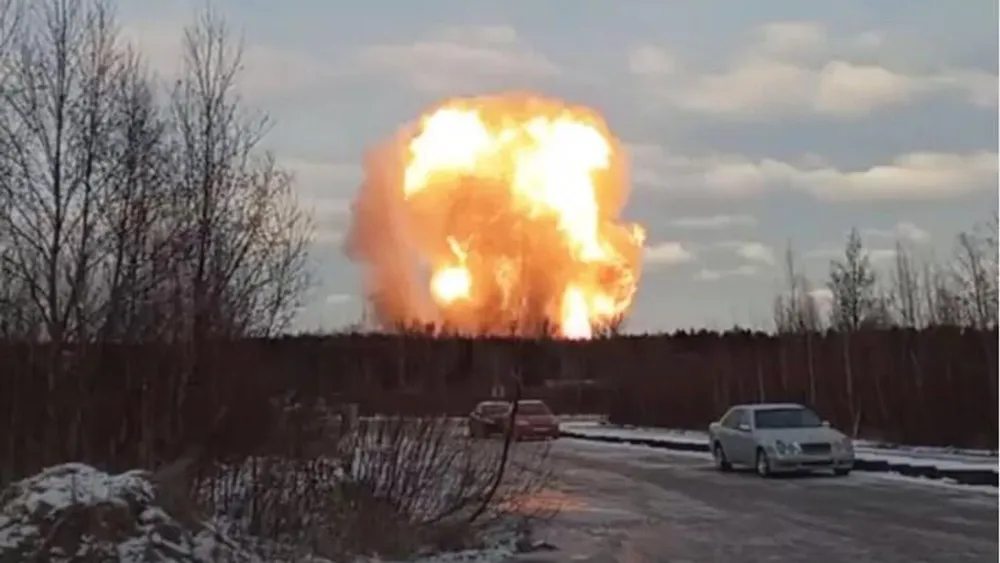
- November 19 – an explosion and fire at a gas pipeline in a wooded area near St. Petersburg.
- November 20 – an explosion and fire at a warehouse in center of Moscow.
- November 25 – a fire at a shopping mall in Moscow. The fire was brought under control before it could spread to surrounding stores.
- November 30 – a massive fire engulfed diesel fuel tanks in the Bryansk region of western Russia. According to unconfirmed reports, the fire was caused by incendiary explosives dropped from a drone.
- November 30 – a fire at a plastics warehouse and production facility in Volgograd. The fire covered an area of 1500 square meters and took about eight hours to extinguish; no casualties were reported.
- December 2 – the roof of a meat-packing plant in Moscow was on fire. More than 100 rescuers were needed to extinguish the fire; no one was injured.
- December 3 – a car center in St. Petersburg was on fire.
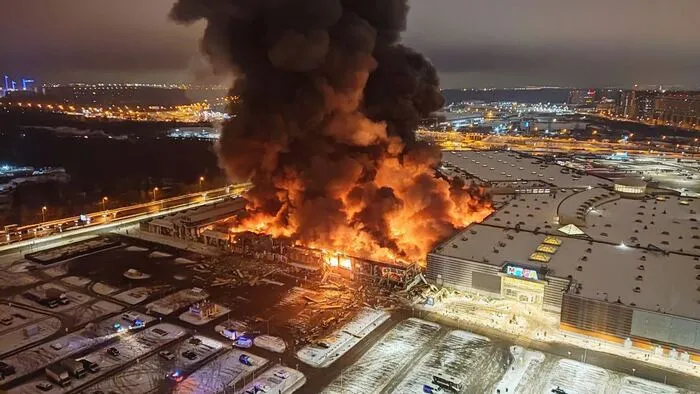
- December 5-6 were memorable for several explosions and fires at Russian airfields, one of which is (was) used to contain Russian strategic aviation. We told in detail about these incidents in the article Explosions at military facilities in Russia: What is their importance?
- December 7 – a fire at a shopping mall in Ingushetia, North Caucasus. Reportedly, the fire started with a gas explosion; four people were injured.
- December 9 – a fire destroyed a shopping center building in northwest Moscow, killing one person.
- December 9 – a fire broke out at a tire manufacturing plant in Barnaul in southern Russia. It is reported that after the fire the plant will not be able to work for about six months.
- December 10 – in the center of Moscow a two-story Lopukhin estate of the end of the 17th century, which is located near the Pushkin Museum, burst into flames.
- December 12 – part of the roof collapsed in a shopping center in Balashikha, Moscow region, as a result of a fire.
- December 15 – an explosion and fire at the Angarsk oil refinery in Siberia, which killed two people. It is one of the largest oil refineries in Russia.
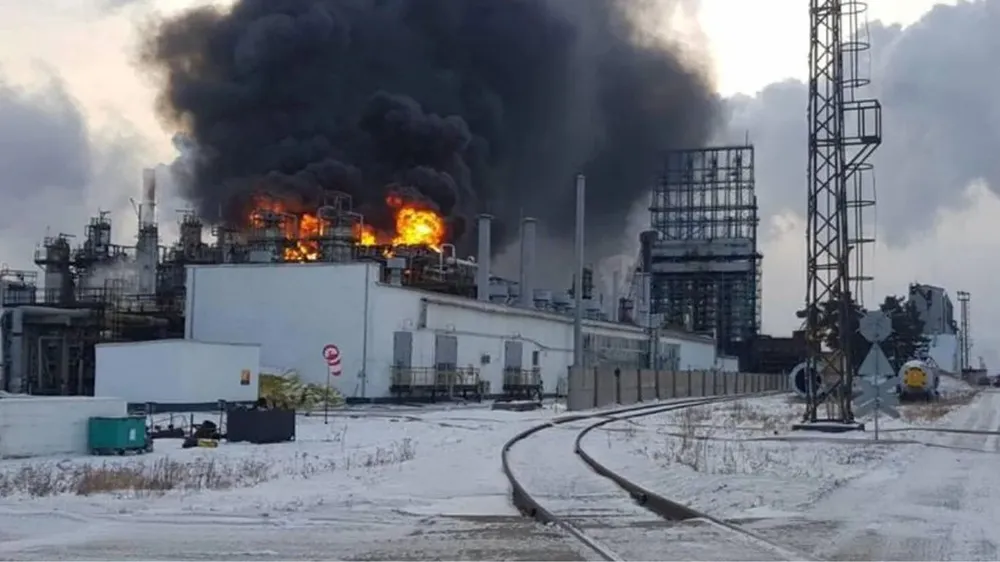
Smoking in the wrong place again? The main causes of fires
Let's look at the possible causes of fires and similar incidents in Russia, which will help us understand whether we should expect more of them in the future.
- Work of saboteurs?
As we can see, some of the affected facilities are in one way or another related to the war: for example, oil refineries are indirectly involved in supplying the Russian army, which is fighting in Ukraine, that is, they are legitimate military targets. Therefore, sabotage activities are quite possible here.
For instance, on December 23, there were three fires at the facilities of the Russian power structures: 1) in Moscow a military unit was on fire (according to the media, the fire broke out in the garage boxes); there were no victims; 2) in Saratov region a military recruitment office was set on fire (the media reported that a bottle with gasoline residue was found in the office of the duty officer); there were no victims; 3) there was also a fire in the building of the OMON Rosgvardiya in Moscow, in the room for the storage of body armor. In all three cases, it can be assumed that saboteurs were at work.
Some experts believe that many of the arsons are the result of the work of Russian partisans. For example, talking about large fires in Moscow and the region, Russian opposition activist Leonid Nevzlin suggested: "Here, I think it's just that Russian citizens who have more or less learned how to resist, and not just set fire to military recruitment offices, have really emerged. That is, some more serious, small groups of partisans have appeared, who want to stop it all and want to defeat their country. This is completely normal for a normal person”.
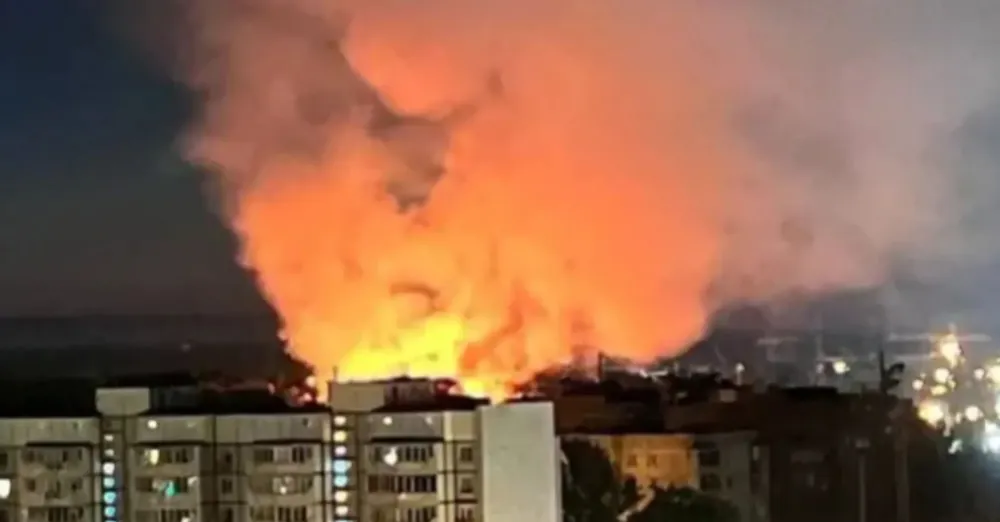
However, all incidents cannot be explained only by the work of saboteurs. And in the case of other fires, it is rather difficult to explain how exactly they are connected with the war. Nevertheless, civilian objects are burning all over Russia.
And there are several main reasons, which in an interesting way are all connected with the war:
- Emerging shortage of appropriate personnel due to mobilization
When mobilization started, many companies complained that they began to lose highly qualified specialists: some were mobilized, some resigned and hid from mobilization, some left the country. Including specialists responsible for fire safety. And by the way, the more highly qualified the specialist is, the more he has both understanding of the situation, and means to leave the country.
Thus, the number of specialists, who can provide safety of objects, especially large ones, decreases. Therefore, while carrying out construction works, at service, repair or inspection of these or those buildings there is banal lack of those experts who could prevent the fire or to provide such conditions of operation, which would exclude occurrence of fire. That is: few specialists – many fires (more than usual).
In general, the emerged lack of qualified personnel in Russia has many consequences in different spheres of production and only grows with time; the thing is that this process is just gradual and not so evident. But the fires are a bright (in all senses of the word) and clear manifestation of this growing shortage.
In addition, mobilization (if it has not yet affected) may affect the specialists of the Ministry of Emergency Situations and firefighters. And this will influence or is already influencing the effectiveness of the fight against fires and emergencies.
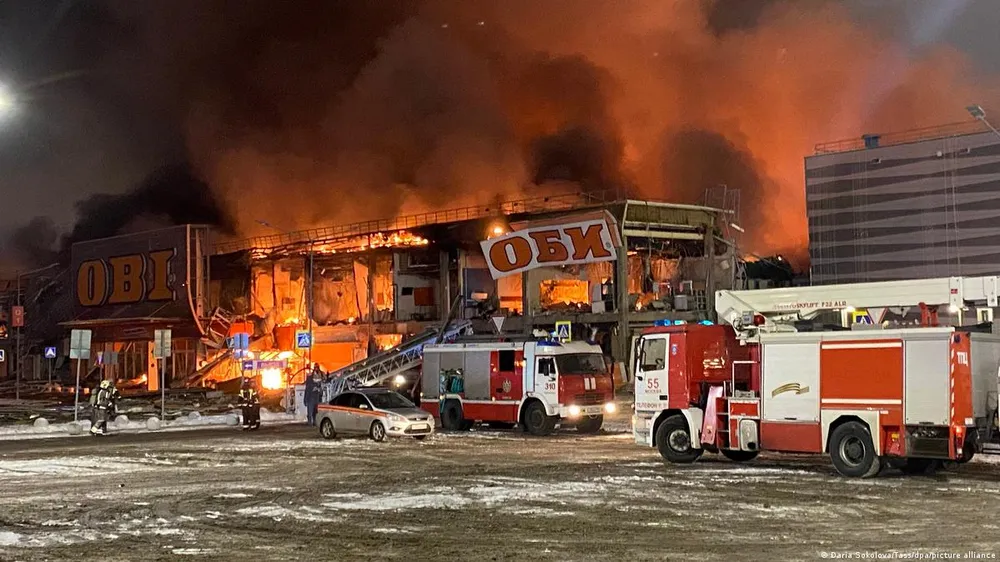
- Anti-Russia sanctions
Ukrainian observers note that in addition to the shortage of personnel, Russia is increasingly beginning to experience a shortage of equipment due to Western sanctions. Because of discontinued imports, there may be a shortage of trivial sensors and other devices that should help prevent fires and other emergencies.
This was felt especially strongly during the wildfire season. In 2022, due to a lack of equipment and personnel, fires in forests, steppes and peat bogs, which even in normal times are a big problem for Russia, have now become a real disaster. Numerous settlements in several Russian regions have been affected, not to mention the victims and the enormous environmental damage not only to Russia, but also to the entire world.
Experts note that amid the war against Ukraine and international sanctions, Moscow is running out of resources, including financial and logistical ones. One of the challenges facing Russia amid sanctions and export controls is the shortage of helicopters and other equipment, parts for which Russia used to get from abroad. Again, because of the war, the priority for repair and maintenance will not be equipment that is needed to extinguish fires, but that is used in the war against Ukraine. In addition, previously the military was involved in extinguishing forest fires, but now most of them, as well as military equipment, are at the front.
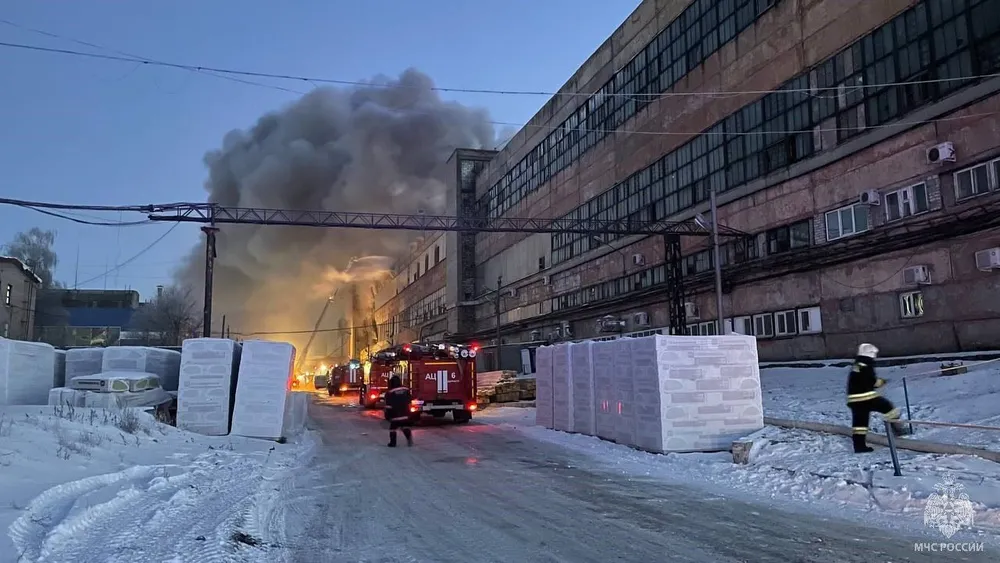
- Indirect reasons, which are only exacerbated by conducting of Putin's war
Indirect causes are also such factors as 1) depreciation of buildings and production facilities built in Soviet times and in dire need of modernization (including security systems); 2) the eternal problem of corruption, which is tightly rooted in the industrial sphere (not only in Russia, but in several other post-Soviet states): all safety rules are not observed, and the checks of the relevant services can be “bought” with bribes: then the inspectors close their eyes to noncompliance with rules.
Will there be more fires?
Given all the causes we have discussed, we can assume that the number of explosions and fires at various facilities throughout Russia will only increase. And it is not just about "karma", revenge and sabotage. It is about the fact that the war unleashed by Putin is an extremely many-sided process that is increasingly affecting the lives of Russians themselves.
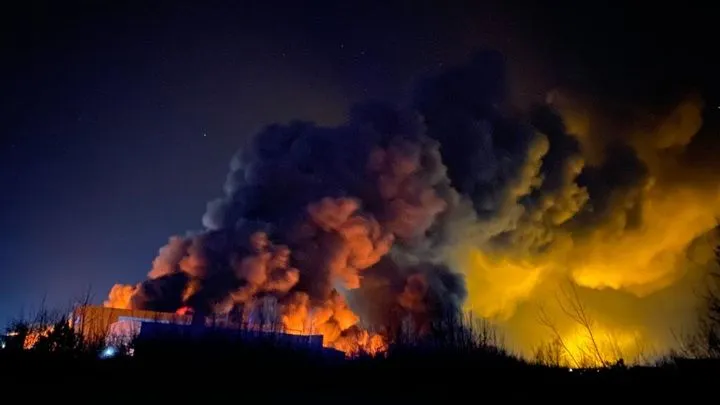
As long as Putin wages his insane war, mobilization will not be curtailed, but will only increase; accordingly, the shortage of personnel will grow. Anti-Russian sanctions will also not weaken, but only intensify: the main Western players are constantly working on new sanctions packages.
Against the backdrop of all this, we can see the degradation of the Russian state and most areas of its economy. And in the context of Putin's full-scale war, which "eats up" millions of dollars every day, we should not hope for any improvement in the construction and security of even non-war-related facilities. Therefore, there will only be more incidents!
Putin is literally destroying not only Ukraine, but Russia itself. The only difference is that in the case of Ukraine it is much more obvious. And this will all stop only when we jointly stop the bloodthirsty dictator and all Russian soldiers will be permanently withdrawn from ALL Ukrainian territories. Until that happens, Russia will burn.
Anastasiya Glotova

